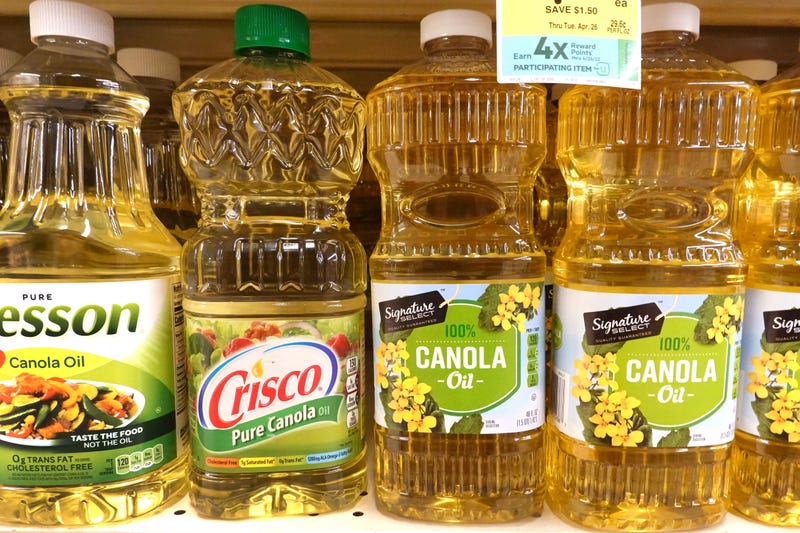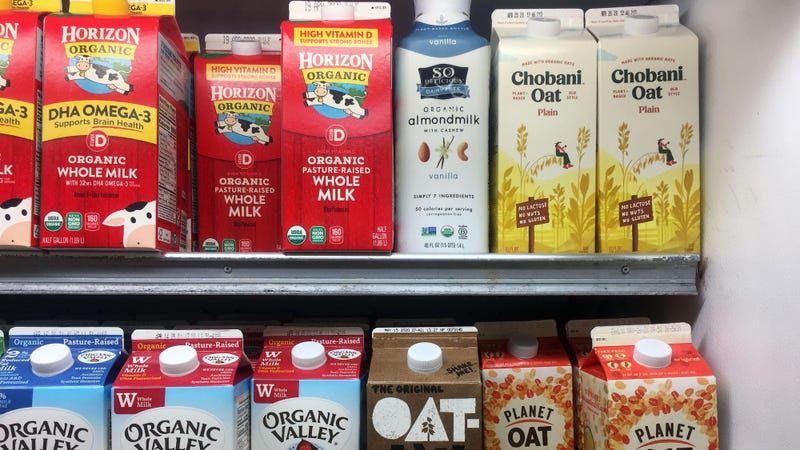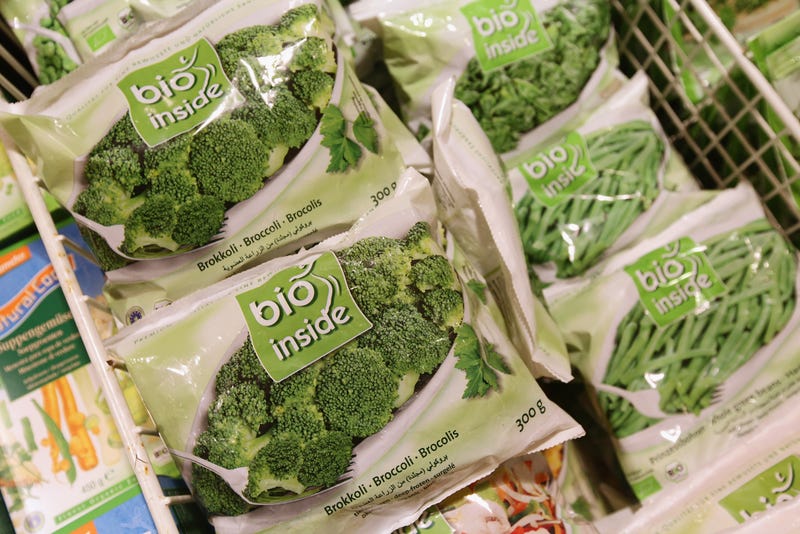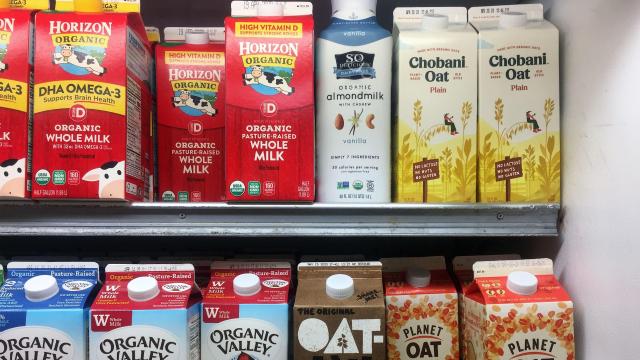Scientific knowledge is ever-evolving and, ideally, self-correcting. Few fields demonstrate that better than the world of nutrition science. In the past, for instance, diet gurus and researchers have made declarations about the ills of having anything more than a little fat, no matter the kind; same with cholesterol. Nowadays, though, things are more nuanced. Low-fat diets are no longer seen as the be-all, end-all of healthy eating, particularly since some types of fats—monounsaturated and polyunsaturated fats—actually seem to keep our levels of “good” and “bad” cholesterol in check. And while people at risk of cardiovascular disease are still advised to limit their intake of cholesterol-rich foods, it’s no longer feared that simply eating these foods will definitely raise our blood cholesterol sky high. All things in moderation, as the saying goes.
Aside from broad changes in dietary recommendations, the scientific consensus has also occasionally shifted on specific foods. So here are seven ingredients that have been unfairly labelled “unhealthy” over the years.
Eggs

Eggs were the most prominent casualty of the anti-cholesterol fad, specifically egg yolk. Too much cholesterol in our system, particularly low-density lipoprotein (LDL) cholesterol, can be a bad thing, since it can raise the risk of plaque in our arteries, which can then lead to heart attacks and other cardiovascular disease. But most studies haven’t found that eating these foods significantly affects our bodily levels of cholesterol much, if at all. This debate may not be totally settled, with some researchers still arguing that eating too much egg yolk can raise cholesterol. But for now, current dietary guidelines no longer have a strict limit on how much cholesterol people should have on their dinner plates.
Canola Oil

Canola oil, made from the seeds of the canola plant, is one of the most widely used cooking oils in the world. But it’s periodically gotten a bad rap since its debut in the 1970s. During the days of the early internet, for instance, it was an occasional target of fear mongering chain letter emails, which claimed that canola oil was connected to everything from high blood cholesterol to mad cow disease. More recently, it’s been maligned as one of several toxic “seed oils” that are poisoning the population.
These claims, either in the 1990s or the 2020s, have no strong evidence behind them. And in fact, canola oil seems to have some advantages over other cooking oils, such as a higher level of monounsaturated fats. It’s also a good source of nutrients like vitamin E and K. It is commonly used in many fried foods and baked goods—foods that should be eaten in moderation. But canola itself is not the bogeyman.
Potatoes

Potatoes are a dietary staple, but there have been times when this carb-rich food has been maligned as unhealthy, due to how it’s broken down by the body. The carbohydrates in potatoes are quickly digested, meaning there’s a more immediate effect on raising our blood sugar—known as having a high glycemic index. Some dietary scientists have argued that foods with a high glycemic index are inherently less healthy and can contribute to obesity and other health problems. But there is still uncertainty about whether the glycemic index is a useful rule of thumb for the average person’s diet, and more recent studies have shown that potatoes aren’t uniquely less filling than other carbs, nor do they contribute to an early death.
A caveat here, though: While potatoes in general may not be unhealthy, dunking them in a deep fryer definitely isn’t the best way to eat them. And you can always afford to mix in some other non-starchy carbs into your diet.
MSG

MSG, short for monosodium glutamate, is an ingredient commonly added to processed foods, most notably Chinese takeout, and is naturally found in tomatoes and cheese. It’s supposed to give food a more umami, or meaty, flavour, and was actually first derived from a commonly served seaweed broth in Japan around the turn of the 20th century (nowadays, it’s produced through fermentation of beets and other foods). Unlike some of the items on the list, MSG has been villainized more by the general public than by scientists.
Some people claim to be allergic to the ingredient and have reported headaches, nausea, chest pain, and other symptoms after eating food with MSG, even coining it “Chinese Restaurant Syndrome.” These complaints became so commonplace that the Food and Drug Administration commissioned an investigation into the matter during the 1990s. But the report found no evidence of a link between MSG and illness. Subsequent investigations by the World Health Organization and others have similarly found no smoking gun. MSG is still considered generally safe to eat, while activists have called for “Chinese Restaurant Syndrome” to be dropped completely from the dictionary. It’s theoretically possible that some people could have a true hypersensitivity to MSG, but the amount of MSG needed to hypothetically cause even mild symptoms in the average person is thought to be several times higher than anyone gets from a typical meal.
Whole Milk

Sure, we’ve been told to Get Milk for decades by every celebrity and athlete in America. But it’s the whole milk version we’re talking about here, long considered inferior to low-fat, skim, and plant-based milk alternatives. That’s because whole milk is richer in saturated fats, which may raise our level of LDL cholesterol and thus raise our risk of chronic disease. As with dietary cholesterol, though, the assumed role of saturated fats in our diet has come into question lately. And though we’re still being told to limit our intake of these fats, whole milk is no longer the villain it once was, partly because it’s rich in other undisputedly good nutrients. Recent studies have suggested that whole milk is especially nutritious compared to other plant-based milks; that it’s just as healthy as low-fat milk for kids; and that it may even ward off weight gain in adults and children.
Frozen Fruits and Vegetables

This is more of an popular misconception than anything promoted by scientists. But the logic goes that freezing or unfreezing frozen fruits and vegetables destroys some of the precious nutrients they carry, and that the fresh version is always better as a result. In truth, numerous studies have shown that frozen (and for that matter, canned) fruits and vegetables have the same amount of nutrients as the fresh kind. And because some fruits and veggies can start to go bad very soon after they’re taken and stored at home, there’s even evidence that some types of produce are more nutritious when frozen rather than kept fresh.
Coffee

It’s a running joke that scientists change their mind about the pros and cons of coffee every other week. But while that may have been true in the past, the verdict is pretty clear by now: Coffee is not inherently bad for you. There’s even a chance that regular coffee consumption may have some benefits, such as by lowering the risk of heart failure, though we’ll probably need more research to confirm any positive associations. Drinking coffee might worsen anxiety in some people due to the stimulant caffeine. But for the average joe, a cup of joe or two a day won’t hurt.

Leave a Reply
You must be logged in to post a comment.